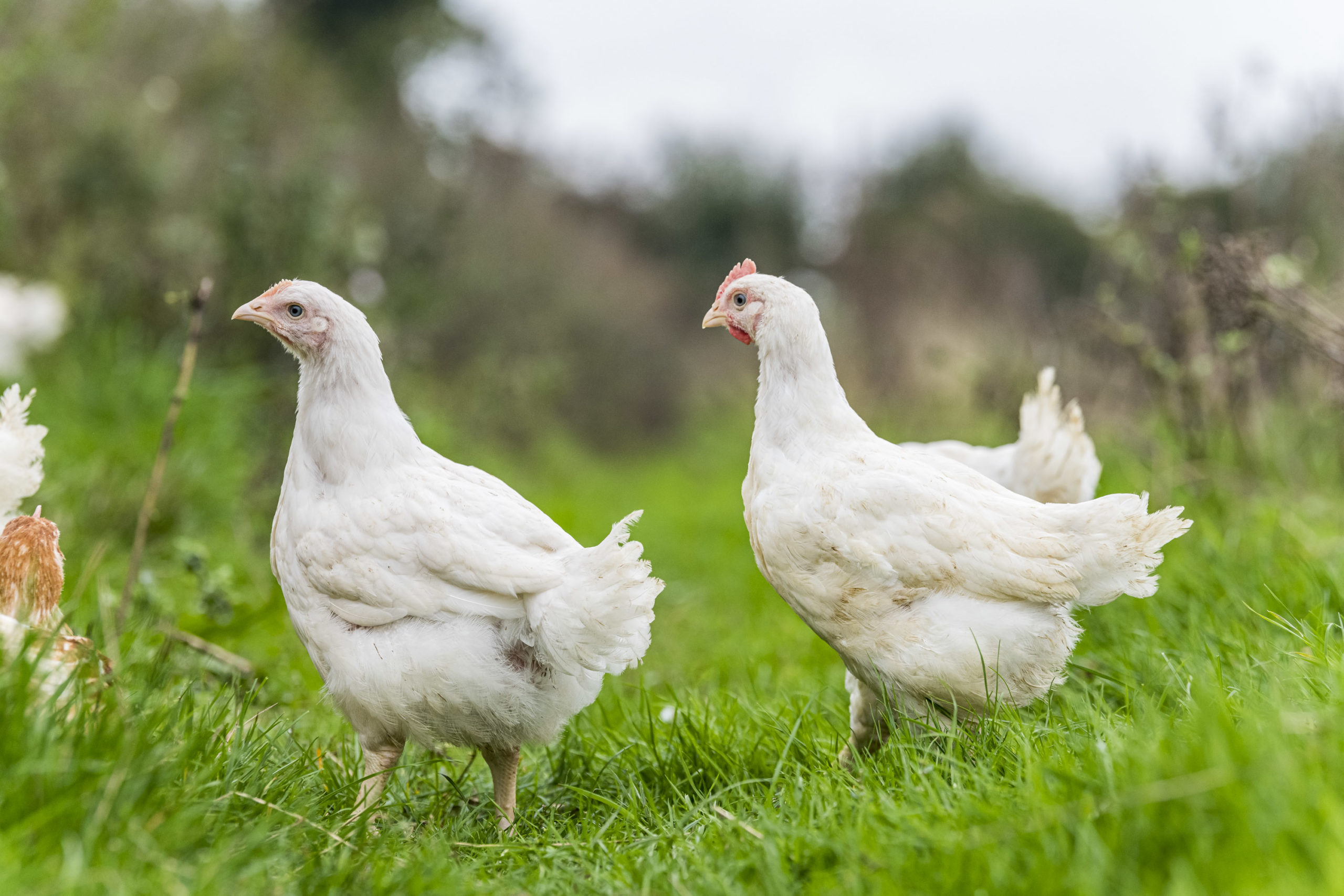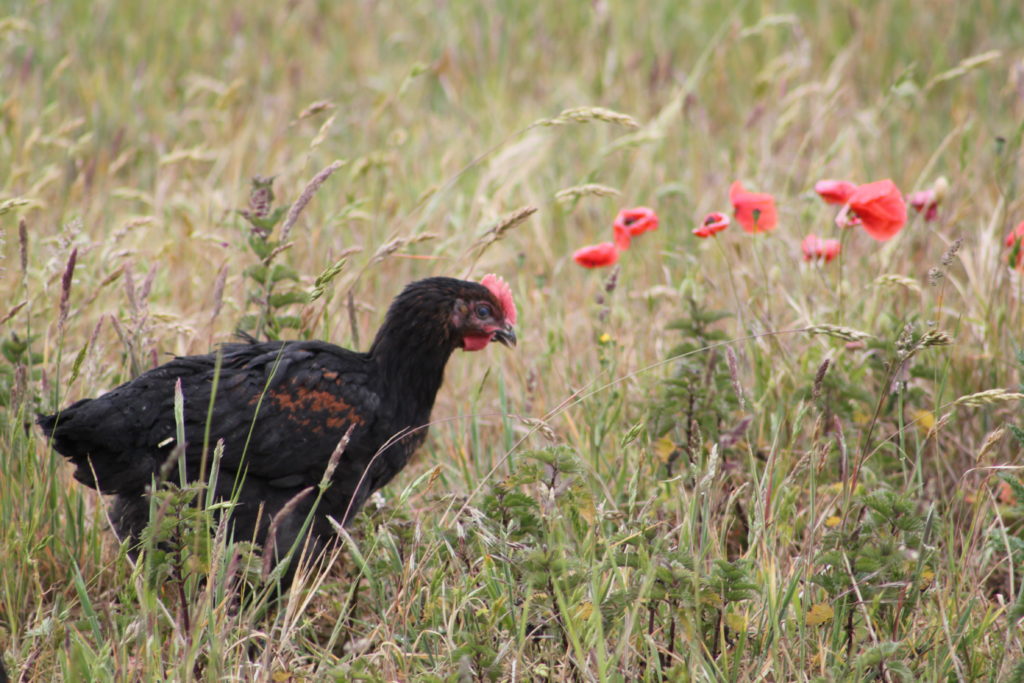With huge advances in vaccine technology, Mark Gorton looks at the path towards protection against avian influenza in the UK.
Over the past six months we have seen an unprecedented number of avian influenza (AI) cases. Despite the industry’s best efforts to keep it under control millions of birds have had to be culled.
Clearly the current strategy is not working and we need to look at alternative ways to deal with this in much the same way as we control other poultry diseases such as fowl pest or infectious bronchitis. I’ve been working hard to start the conversation around vaccination for AI as I believe this needs to be seriously considered going forward. The positive responses received from the industry have been very encouraging.
There are many reasons why AI vaccination is not straightforward, but it is perfectly possible and there are plenty of countries now using it. China, for example, has done so for the past 20 years and there are vaccine trials underway in several
European countries including the UK. Recently the Pirbright Institute in Surrey announced the development of a ‘targeted antigen delivery vaccine’ that triggers high levels of antibodies against H9N2 flu virus. This novel vaccine not only provides long-lasting protection against flu but is not affected by maternal antibodies that can decrease the effectiveness of vaccines in chicks. This is an example of the type of huge advances made around vaccination for Covid that can be also applied to AI vaccines. And just as Covid mutates from one strain to another, AI strains change too and vaccines can be adapted to allow for this in the same way. It is not going to be straightforward or happen quickly – but I will keep banging my drum and hopefully let the experts do what they do.



